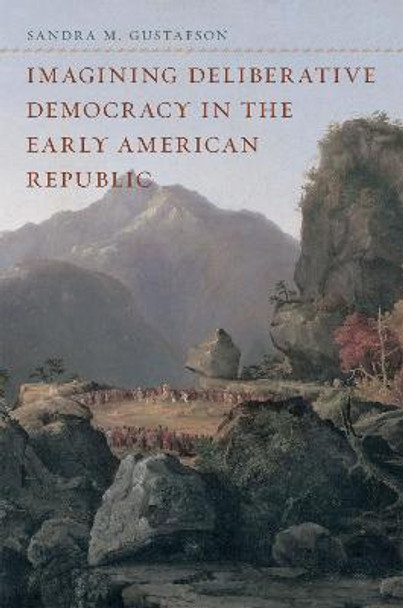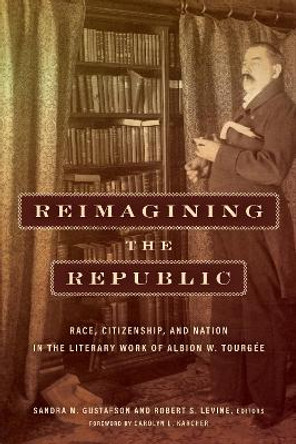Deliberation, in recent years, has emerged as a form of civic engagement worth reclaiming. In this persuasive book, Sandra M. Gustafson combines historical literary analysis and political theory in order to demonstrate that current democratic practices of deliberation are rooted in the civic rhetoric that flourished in the early American republic. Though the US Constitution made deliberation central to republican self-governance, the ethical emphasis on group deliberation often conflicted with the rhetorical focus on persuasive speech. From Alexis de Tocqueville's ideas about the deliberative basis of American democracy through the works of Walt Whitman, John Dewey, John F. Kennedy, and Martin Luther King Jr., Gustafson shows how writers and speakers have made the aesthetic and political possibilities of deliberation central to their autobiographies, manifestos, novels, and orations. Examining seven key writers from the early American republic - including James Fenimore Cooper, David Crockett, and Daniel Webster - whose works of deliberative imagination explored the intersections of style and democratic substance, Gustafson offers a mode of historical and textual analysis that displays the wide range of resources imaginative language can contribute to political life.
About the AuthorSandra M. Gustafson is associate professor of English at the University of Notre Dame. She is the author of Eloquence Is Power: Oratory and Performance in Early America.
Reviews"An ambitious and critically innovative account of the social and participatory life of politics in the early nineteenth century. This is an important and original book." (Elisa Tamarkin, University of California, Berkeley)"
Book InformationISBN 9780226311296
Author Sandra M. GustafsonFormat Hardback
Page Count 288
Imprint University of Chicago PressPublisher The University of Chicago Press
Weight(grams) 539g
Dimensions(mm) 23mm * 16mm * 2mm








